Multiple sclerosis (MS) is a chronic autoimmune disease that affects the central nervous system, including the brain and spinal cord. There is currently no cure for MS, but various treatments aim to manage symptoms, slow disease progression, and improve the quality of life for individuals with the condition. Treatment approaches may vary based on the type of MS, the severity of symptoms, and individual health factors.
What Is Multiple Sclerosis?
Multiple Sclerosis (MS) is a complex neurological condition that affects the central nervous system. It manifests in various ways, impacting individuals differently. Here, we delve into the types of MS and the key causes and risk factors associated with this condition.
Types of Multiple Sclerosis
- Relapsing-Remitting MS (RRMS): Characterized by periods of relapse and remission, this is the most common form.
- Secondary Progressive MS (SPMS): Typically follows RRMS, with a gradual worsening of symptoms and fewer remissions.
- Primary Progressive MS (PPMS): Progresses steadily from onset, without distinct relapse periods.
- Progressive-Relapsing MS (PRMS): A rare form, featuring a steady progression with occasional relapses.
Understanding these types is crucial for tailoring effective treatment plans.
Causes and Risk Factors
While the exact cause of MS remains elusive, certain factors may contribute:
- Immunological Factors: An abnormal immune response targets the central nervous system.
- Genetics: Family history increases the risk, suggesting a genetic predisposition.
- Environmental Triggers: Exposure to certain viruses or low levels of vitamin D may play a role.
- Gender and Age: MS is more prevalent in women and often diagnosed between ages 20 and 40.
- Geographical Influence: Higher MS rates in certain regions suggest a potential environmental link.
Staying informed about these causes and risk factors is crucial for early detection and proactive management.
Diagnosis and Early Detection
Timely and accurate diagnosis is pivotal in effectively managing Multiple Sclerosis (MS). Here, we explore the diagnostic process and the importance of early detection.
- 1. Clinical Assessment
Medical professionals begin with a thorough clinical assessment, considering the patient’s medical history and presenting symptoms. Neurological exams may reveal abnormalities indicative of MS.
- 2. Magnetic Resonance Imaging (MRI)
MRI scans play a crucial role in diagnosing MS. They can detect lesions or areas of inflammation in the central nervous system, aiding in confirming the presence of the condition.
- 3. Cerebrospinal Fluid Analysis
A lumbar puncture, or spinal tap, allows for the examination of cerebrospinal fluid. Presence of certain markers can support an MS diagnosis.
- 4. Evoked Potentials
These tests measure the electrical activity in the brain in response to stimuli. Abnormalities may indicate damage to the nerves.
- 5. Blood Tests
While there’s no specific blood test for MS, certain tests help rule out other conditions with similar symptoms.
Conventional Treatments for Multiple Sclerosis
Managing Multiple Sclerosis (MS) often involves a multifaceted approach, combining disease-modifying therapies (DMTs), symptomatic relief medications, and lifestyle modifications. Here’s an overview of these conventional treatments.
Disease-Modifying Therapies (DMTs)
DMTs are a cornerstone in MS management, aiming to modify or slow down the course of the disease. They work by suppressing the immune system to reduce inflammation and prevent further damage to the central nervous system. Common DMTs include:
- Interferons: Interferon-beta injections help regulate the immune response.
- Fingolimod: An oral medication that modulates the immune system.
- Ocrelizumab: A monoclonal antibody targeting specific immune cells.
Regular monitoring and adjustments are often necessary to optimize the effectiveness of DMTs.
Symptomatic Relief Medications
These medications target specific symptoms of MS, enhancing the overall quality of life for individuals living with the condition. Symptomatic relief medications include:
- Corticosteroids: Short-term use to reduce inflammation during relapses.
- Muscle Relaxants: Alleviate muscle spasms and stiffness.
- Pain Medications: Address pain associated with MS, such as neuropathic pain.
Individualized treatment plans consider the unique symptomatology of each patient.
Lifestyle Modifications
Lifestyle adjustments are integral to managing MS and promoting overall well-being:
- Physical Activity: Regular exercise helps maintain mobility, improve balance, and manage fatigue.
- Balanced Diet: A nutritious diet supports overall health and may have positive effects on MS symptoms.
- Stress Management: Stress can exacerbate MS symptoms; therefore, stress-reduction techniques, such as meditation or yoga, are beneficial.
Rehabilitation Therapies
Various rehabilitation therapies play a vital role:
- Physical Therapy: Focuses on improving mobility, strength, and coordination.
- Occupational Therapy: Helps individuals adapt to daily challenges and maintain independence.
- Speech Therapy: Addresses speech and swallowing difficulties.
Collaboration between healthcare professionals and individuals with MS is essential to tailor treatments to specific needs. Conventional treatments, when used in combination, contribute to a holistic approach in managing MS and improving the overall quality of life for those affected.
Types of Disease-Modifying Therapies (DMTs)
Disease-Modifying Therapies (DMTs) are a crucial component in managing Multiple Sclerosis (MS). They aim to modify the course of the disease, reduce relapse rates, and slow down disability progression. Here are different types of DMTs commonly used:
- 1. Interferons:
- Mechanism: Interferons are proteins that regulate the immune system. Interferon-beta is a common choice for MS.
- Administration: Typically administered through injections, either subcutaneously or intramuscularly.
- Examples: Interferon-beta-1a (Avonex, Rebif), Interferon-beta-1b (Betaseron, Extavia).
- 2. Oral Medications:
- Mechanism: These DMTs are taken orally and work to modulate the immune system.
- Examples: Fingolimod (Gilenya), Teriflunomide (Aubagio), Siponimod (Mayzent).
- 3. Monoclonal Antibodies:
- Mechanism: These are laboratory-produced antibodies that target specific immune system components.
- Examples: Ocrelizumab (Ocrevus), Natalizumab (Tysabri), Alemtuzumab (Lemtrada).
- 4. Glatiramer Acetate:
- Mechanism: It is thought to modify immune processes and reduce inflammation.
- Administration: Typically administered through subcutaneous injections.
- Example: Copaxone.
- 5. Dimethyl Fumarate:
- Mechanism: Works as an immunomodulator, reducing inflammation in the central nervous system.
- Administration: Oral medication.
- Example: Tecfidera.
- 6. Sphingosine-1-Phosphate Receptor Modulators:
- Mechanism: These medications trap certain immune cells in lymph nodes, reducing their circulation in the blood.
- Example: Siponimod (Mayzent).
- 7. B-Cell Depleting Agents:
- Mechanism: Target B cells, which play a role in the immune system’s attack on the nervous system.
- Examples: Ocrelizumab (Ocrevus), Rituximab (Rituxan).
- 8. Immunomodulators:
- Mechanism: Modulate the immune system to reduce its attack on the central nervous system.
- Example: Azathioprine.
The choice of DMT depends on various factors, including the individual’s medical history, the specific type of MS, and potential side effects. Regular monitoring and consultation with healthcare professionals are essential to ensure the most effective and well-tolerated treatment plan for each person with MS.
Choosing the Right Treatment for Multiple Sclerosis
Selecting the most suitable treatment for Multiple Sclerosis (MS) is a critical decision that requires a personalized and informed approach. Consider the following factors when choosing the right treatment for you:
- 1. Disease Type and Progression:
- Relapsing-Remitting MS (RRMS): If you have RRMS, disease-modifying therapies (DMTs) like Interferons, Oral Medications, or Monoclonal Antibodies may be considered.
- Progressive Forms (SPMS, PPMS): For progressive forms, B-Cell Depleting Agents or Sphingosine-1-Phosphate Receptor Modulators might be recommended.
- 2. Treatment Goals:
- Reducing Relapse Rates: If your primary concern is minimizing relapses, DMTs such as Interferons or Oral Medications may be suitable.
- Slowing Disability Progression: For those focused on slowing disability progression, Monoclonal Antibodies or certain Oral Medications may be preferred.
- 3. Lifestyle and Preferences:
- Administration Method: Consider whether you prefer oral medications, injections, or infusion therapy.
- Frequency of Administration: Some treatments require daily, weekly, or monthly administration.
- 4. Potential Side Effects:
- Risk Tolerance: Assess your comfort level with potential side effects associated with each treatment.
- Monitoring Requirements: Some treatments may necessitate regular monitoring for safety.
- 5. Effectiveness and Research:
- Stay Informed: Keep abreast of the latest research and advancements in MS treatments.
- Consult with Specialists: Seek advice from neurologists and MS specialists who can provide insights into emerging therapies.
- 6. Shared Decision-Making:
- Collaborate with Healthcare Providers: Engage in open discussions with your healthcare team. Shared decision-making ensures that your preferences and concerns are considered.
- 7. Long-Term Commitment:
- Adherence: Consider your ability to adhere to the prescribed treatment regimen over the long term.
Choosing the right treatment involves a collaborative effort between you and your healthcare team. Regular communication, monitoring, and adjustments ensure that your treatment plan remains tailored to your evolving needs. Prioritize your well-being and actively participate in the decision-making process to effectively manage your journey with Multiple Sclerosis.
You may want to read about : Decode the Clues: Unraveling STD Symptoms
FAQs About Multiple Sclerosis Treatment
What is the best treatment for multiple sclerosis?
A1: There isn’t a one-size-fits-all answer. The best treatment varies based on the type of Multiple Sclerosis (MS), individual factors, and treatment goals. Disease-Modifying Therapies (DMTs), such as Interferons, Oral Medications, or Monoclonal Antibodies, are commonly prescribed. Consult with your neurologist to determine the most suitable option for your specific case.
Can a person recover from MS?
While there is currently no cure for MS, various treatments aim to manage symptoms, slow disease progression, and enhance quality of life. With appropriate care and lifestyle adjustments, many individuals with MS lead fulfilling and active lives. Early diagnosis and intervention contribute to better outcomes.
What is the first line of treatment for multiple sclerosis?
Disease-Modifying Therapies (DMTs) are often considered the first line of treatment for MS. This includes medications like Interferons, Oral Medications, or Monoclonal Antibodies. The choice depends on factors such as the type of MS and individual health considerations.
Can you live a normal life with MS?
Yes, many individuals with MS lead normal and fulfilling lives. Advances in treatment options, symptom management, and lifestyle adjustments contribute to improved quality of life. A multidisciplinary approach involving healthcare professionals, support networks, and personalized treatment plans helps individuals navigate life with MS successfully. Early diagnosis and proactive management are key factors in maintaining a sense of normalcy.


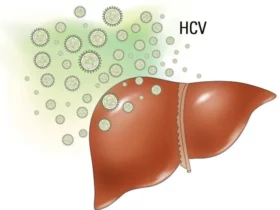

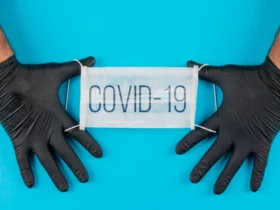

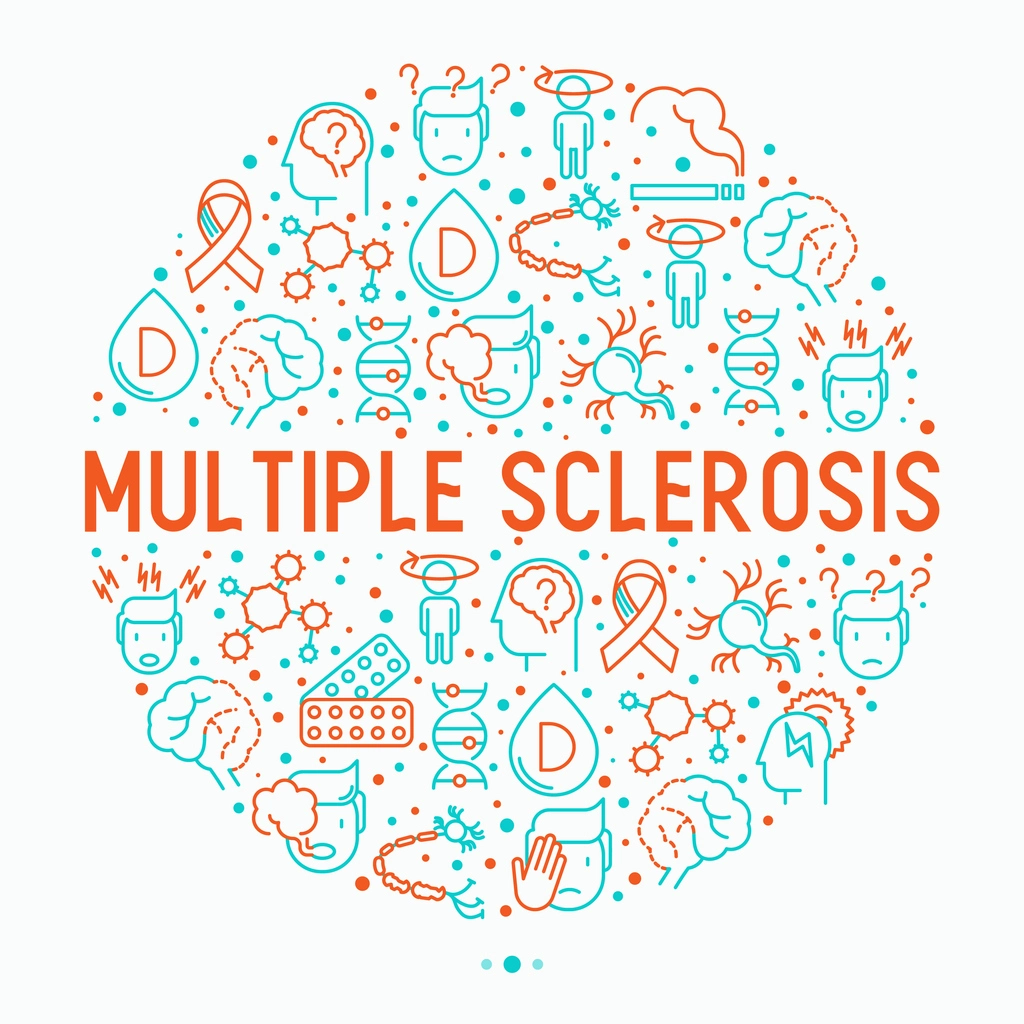
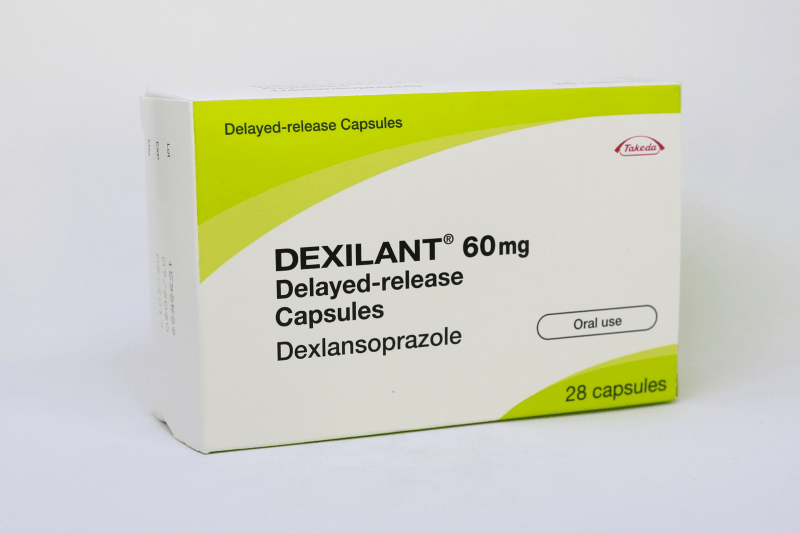
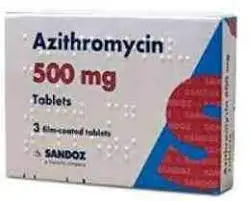



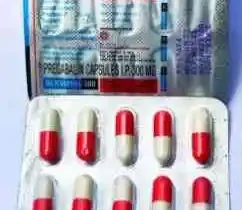

Leave a Reply